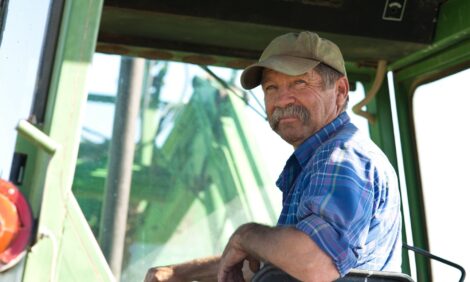



Weekly Overview: Politicians Make Progress on Agricultural Sustainability
GLOBAL - As the agriculture ministers from the world's leading economies agree over the importance of food security and sustainability, we could see great improvements in these areas in the coming years. Researchers in Canada are stressing the importance of controlling water use on pig farms. While the number of new cases of PED appears to be declining, African swine fever has hit a commercial farm in Cape Verde.Agriculture ministers from around the world have backed a plan to increase food security and sustainability and reduce food waste.
Following the G20 meeting of agriculture ministers in Turkey, the ministers said that the pressures on natural resources and biodiversity and the impacts of climate change have produced a need for a rise in productivity while at the same time moving towards food systems that are more sustainable.
By keeping closer tabs on water use, pork producers can cut costs by reducing water waste and by reducing the volumes of manure that must be handled, according to new research from the Prairie Swine Centre in Canada.
In a move likely to be welcomed by the pig industry, the World Health Organization (WHO) has issued new guidelines for naming new human infectious diseases. Among the recommendations is an end to the use of names such as 'bird flu' and 'swine flu', which have unintended negative impacts by stigmatising certain communities or economic sectors.
Key players in the Danish pig industry have good intentions when it comes to animal welfare but financial considerations often get in the way of implementing change, according to a new report by researchers from the University of Copenhagen and Aarhus University.
In news of African swine fever in the last week, new outbreaks have been reported in Latvia, Ukraine and Poland – all in wild boar – and on a farm of 1,000 pigs on Boavista Island of Cape Verde.
The number of pig farm samples that are confirmed positive for porcine epidemic diarrhoea virus (PEDV) in the United States in the last week reported was 17, continuing the downward trend expected as temperatures rise. In Canada, a veterinary epidemiologist has reported that western Canada's pork industry has continued to keep the virus at bay.
A disinfectant based on hydrogen peroxide has been tested against the PED virus at Michigan State University, and confirmed to be effective under simulated commercial conditions.






